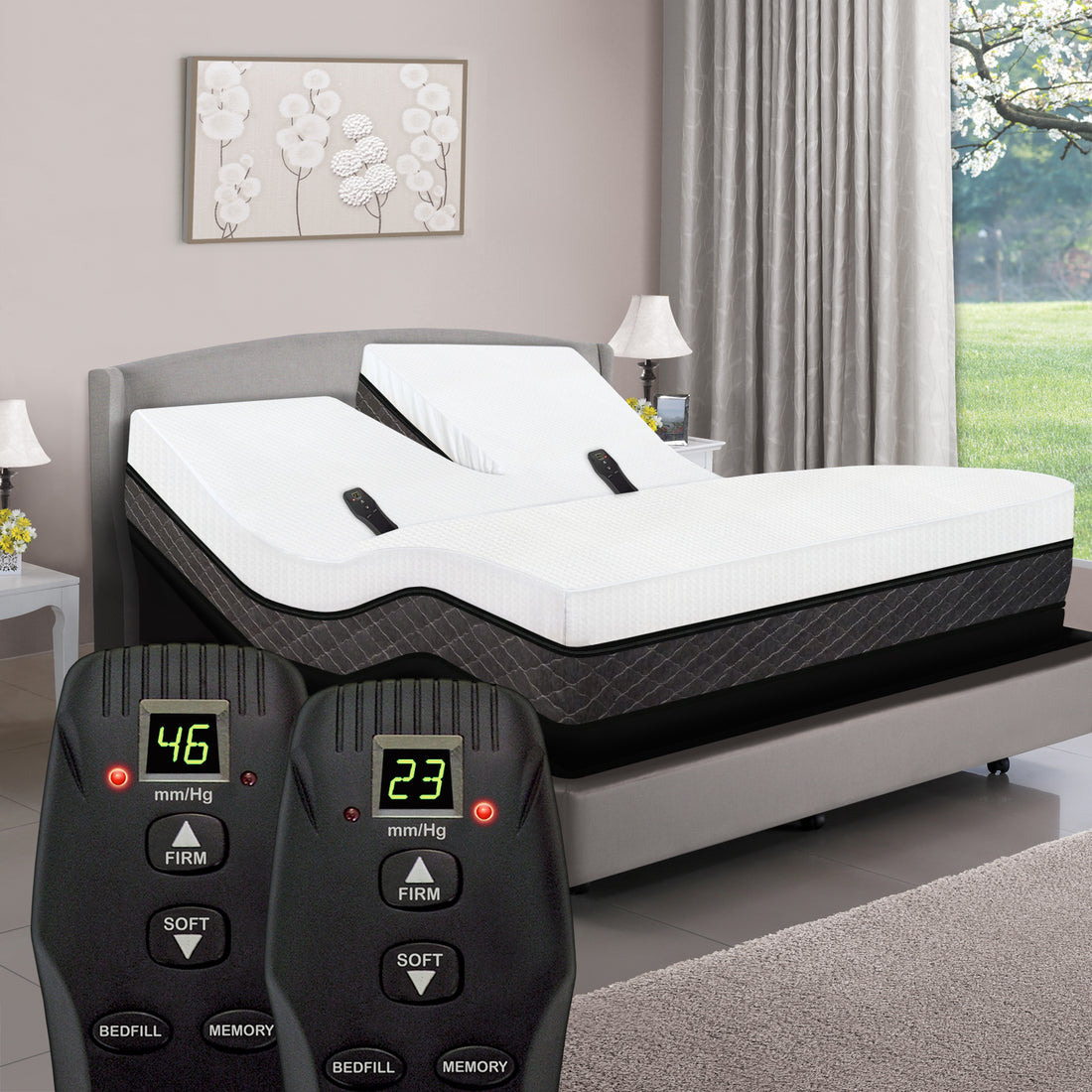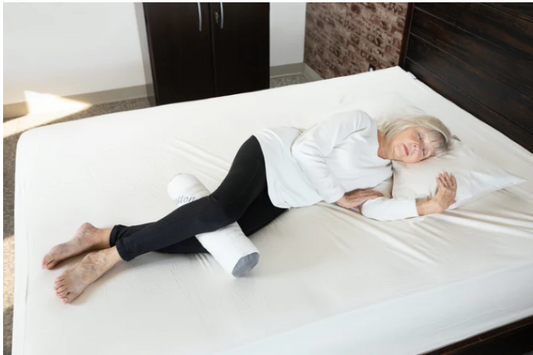"Smart bedding" refers to bedding products and accessories that incorporate technology to enhance the sleep experience. Like any technological innovation, there are both pros and cons associated with using smart bedding. Here are some of the advantages and disadvantages:
Pros of Using Smart Bedding:
-
Sleep Tracking: Many smart bedding products come with sensors that track your sleep patterns. This can provide valuable insights into your sleep quality, helping you identify issues and make improvements to your sleep habits.
-
Temperature Control: Some smart mattresses and mattress toppers offer temperature regulation features, allowing you to adjust the bed's warmth or cooling to your preference. This can contribute to better sleep comfort.
-
Remote Control: Smart bedding often comes with remote control or smartphone apps that allow you to adjust settings like firmness, elevation, or temperature without leaving your bed.
-
Personalization: These products often offer customizable settings, such as adjusting the firmness level, for couples with different sleep preferences.
-
Integration with Smart Homes: Smart bedding can be integrated into your home's smart ecosystem, enabling you to automate and control various aspects of your sleep environment.
-
Improved Health Monitoring: Some smart bedding products can monitor your heart rate, breathing, and other health metrics, which can be useful for those with specific health concerns.
Cons of Using Smart Bedding:
-
Cost: Smart bedding tends to be more expensive than traditional bedding products, which may not be affordable for everyone.
-
Complexity: The technology in smart bedding can be complex, and troubleshooting technical issues can be frustrating. Software updates or connectivity problems may disrupt your sleep experience.
-
Maintenance: Smart bedding may require maintenance and periodic updates, including firmware updates or app updates to ensure they continue working correctly.
-
Privacy Concerns: Sleep tracking and health monitoring features raise concerns about data privacy. Users need to be cautious about sharing sensitive health data through these devices and ensure their data is secure.
-
Reliability: Some users have reported issues with the reliability and durability of smart bedding components, such as sensors or connectivity, which can be frustrating if they malfunction.
-
Learning Curve: Using and customizing smart bedding can have a learning curve, and it may take time to adjust settings to your satisfaction.
-
Dependency: There is a risk of becoming overly dependent on technology for sleep. Relying too heavily on sleep tracking data may lead to anxiety or obsession about sleep quality.
Ultimately, whether smart bedding is a good choice for you depends on your personal preferences, budget, and comfort with technology. It's essential to carefully research and consider your specific needs and how smart bedding aligns with them before making a purchase. Additionally, reading user reviews and seeking recommendations can help you make an informed decision.





